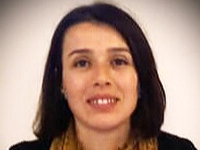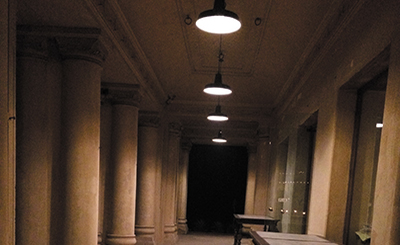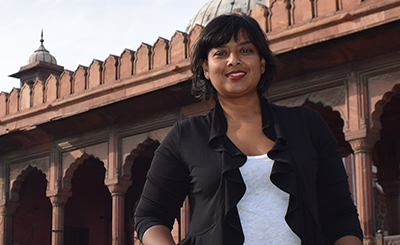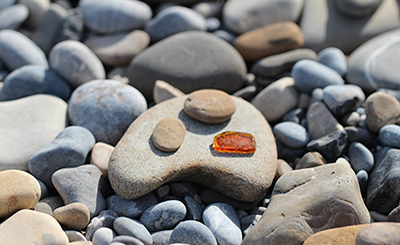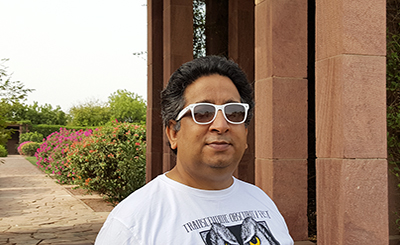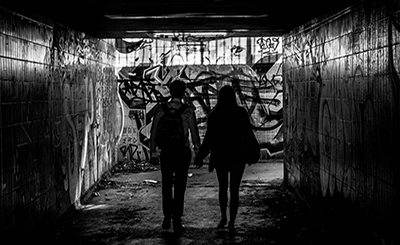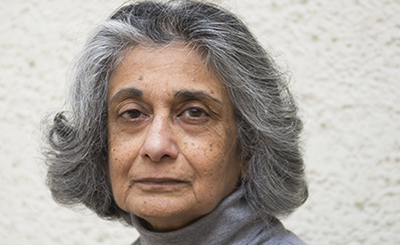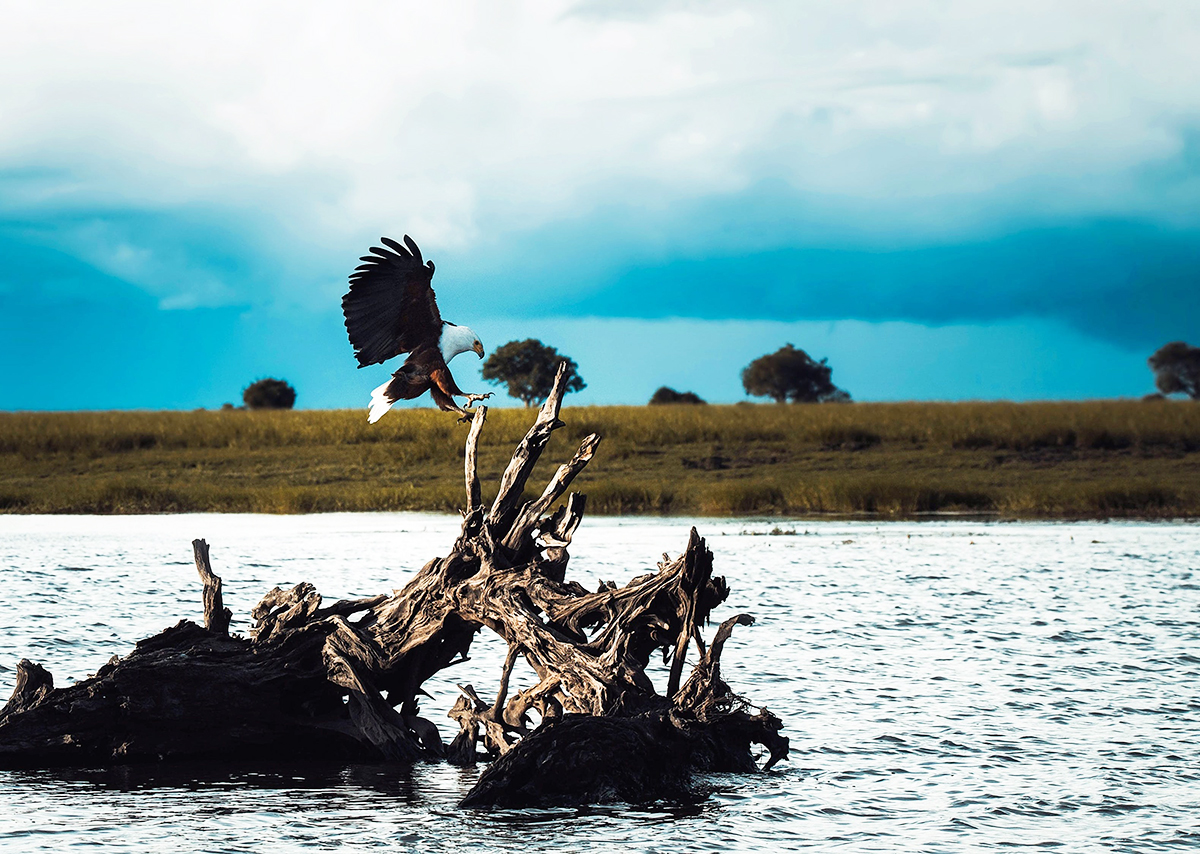
This poem is part of our world poetry special issue, with the focus on Turkey, curated by Ceyda Elgül, an instructor of translation at the Department of Translation and Interpreting Studies in Istanbul’s BoÄŸaziçi University
Editor’s Note: “No man is an island entire of itself/every man is a piece of the continent, a part of the main...” wrote John Donne, whose death anniversary falls on March 31. However, amid the shared threat of a global pandemic, as we practise social distancing and seek refuge in the self, we may see ourselves as islands unto ourselves, rafting along the sea of life. As reports of people dying of coronavirus around the world come in, all of us at The Punch Magazine feel diminished as we are “involved in mankind”.
COVID-19 destroys lives, but as human race, we have always created what is greater than us — literature. It’s a dark and difficult period in the march of human civilisation. But this is also the time that will produce the best of literature. “What one writer can make in the solitude of one room is something no power can easily destroy,” Salman Rushdie once said. Poets and writers throughout history have always shaped the world, and stopped it from “going to sleep”. Someday, when all this is over, the world may not be the same, and we may have lost millions of our loved ones to the contagion, but, by then, poets and writers who are witness to this moment in history will have created life-affirming literature that will outlive us. We do hope that this phase proves to be just a “short sleep” and that we may soon “wake eternally” and emerge into the light — stronger and well-healed.
This poem is part of our world poetry special issue, with a focus on Turkey, curated by Ceyda Elgül, an instructor of translation at the Department of Translation and Interpreting Studies (DTIS), BoÄŸaziçi University, in Bebek (Istanbul). It presents a selection of poems translated during a workshop in Turkey last year.
Curator’s Note: Poetry is generally associated with untranslatability. Poets are assumed to deconstruct and refashion the language, which eventually puts it in a state that cannot be replicated in another language. This portrayal would seemingly suggest that poems are “islands” that have no contact with “other shores”.
In July 2019, a group of professional poets, translators, and scholars from different linguistic and cultural backgrounds gathered at Büyükada, the largest of the nine “Princes’ Islands” in the Sea of Marmara, near Istanbul, to start a series of poetry translation workshops entitled “Island in Translation”. The gathering aimed to celebrate poetry translation as collaborative-creative production. A selection of island poets and/or poems with island themes was translated. The poets and the poems came from the Princes’ Islands (Istanbul), Cyprus, the Caribbean, and the Isle of Man. During the two-day workshop, the gathering delved into island literature from the viewpoint of translation and proposed corresponding images for island-poems in other languages, including English, Turkish, Korean, Kurdish, and Japanese. Metaphorically speaking, the group explored how “island-poems” and “other-shores” could be brought together.
Besides this poem by Turkish poet Muzaffer Tayyip Uslu (translated by Muazzez Uslu); other translations include poems by late Caribbean poet, playwright and theatre director Derek Walcott (translated by Özlem Berk Albachten); Turkish writer-stage director-theatre critic Melisa Gürpınar (translated by Ceyda Elgül); Turkish poet-essayist-novelist Enis Batur (translated by Saliha Paker); Sait Faik Abasıyanık, one of the major short story writers in Turkish literature in the 20th century (translated by Åžehnaz Tahir GürçaÄŸlar and Ä°ldar Gün GürçaÄŸlar); Isle of Man-based English teacher Usha Kishore (translated by Seyhan Bozkurt Jobanputra and Rakesh Jobanputra); Özdemir Asaf, an eminent figure of contemporary Turkish Literature (translated by Seyhan Bozkurt Jobanputra and Rakesh Jobanputra); another Turkish poet Haydar Ergülen (translated by Mark David Wyers and Ä°dil KaracadaÄŸ); Turkish poet-actor-visual artist Erkut Tokman (translated by Mark David Wyers and Ceyda Elgül); Turkish-Cypriot poet Mehmet Yaşın (translated by Bilal Çelik and BaÅŸak Ergil); and Turkish poets Efe Duyan, Nihat Özdal and ÇaÄŸla Meknuze (translated by Gökçenur Ç.). In respect of the long tradition of poetry translation, the translations are presented along with the source poems so as to enable parallel reading.
The Letter from RüÅŸtü
Dedicated to Oktay Rifat*
Before all else my greetings to all the poets
Then I would like to say that
Death is not nice at all
Not even a single dawn or dusk within it
I kiss the hands of the streets
For teaching me how to live
Whether friend or foe
I wish a nice day to all
Tell the blonde typewriter
I do not exist anymore
Remind the faithless fellows
The world is not left for anyone
How can I forget life was nice
But Oktay was right
“Memories just like birds
Need branches to land”
Necati Cumalı, Muzaffer Tayyip Uslu Åžiirleri; Yazıları, Kendisi için Yazılanlar, Ä°stanbul: Yeditepe Yayınları, 1956.
RüÅŸtü’den Gelen Mektup
Oktay Rıfat’a*
Önce bütün ÅŸairlere selam
Sonra ÅŸunu söylemek isterim
Ölüm hiçte güzel deÄŸil
Ne sabah var ne akÅŸam
Sokakların ellerinden öperim
Bana yaÅŸamasını öÄŸretmiÅŸlerdi
Dost olsun düÅŸman olsun
Ä°nsanlara iyi günler dilerim
Söyle sarı saçlı daktiloya
Ben yokum artık
Vefasız dostlara hatırlat
Kimseye kalmaz o dünya
Nasıl unuturum güzeldi yaÅŸamak
Fakat hakkı varmış Oktay'ın
"Hatıralar da dal istiyor
KuÅŸlar gibi konacak"
* This poem is dedicated to Oktay Rifat and thus the poet quotes the last two lines from Rifat’s poem entitled “Gün Sonu KonuÅŸması” (The End of Day Speech) indicating that he has an literary inclination towards Garip movement. Uslu writes the poem as if he got a letter from his late friend, RüÅŸtü Onur, who was also a poet. Onur received treatment at Heybeliada Sanatorium for tuberculosis. Onur and Uslu knew each other from Zonguldak where both of them had worked in the coal mines which led them die of lung diseases while they were only in their early twenties, and in outright poverty.
More from The Byword
Comments
*Comments will be moderated




